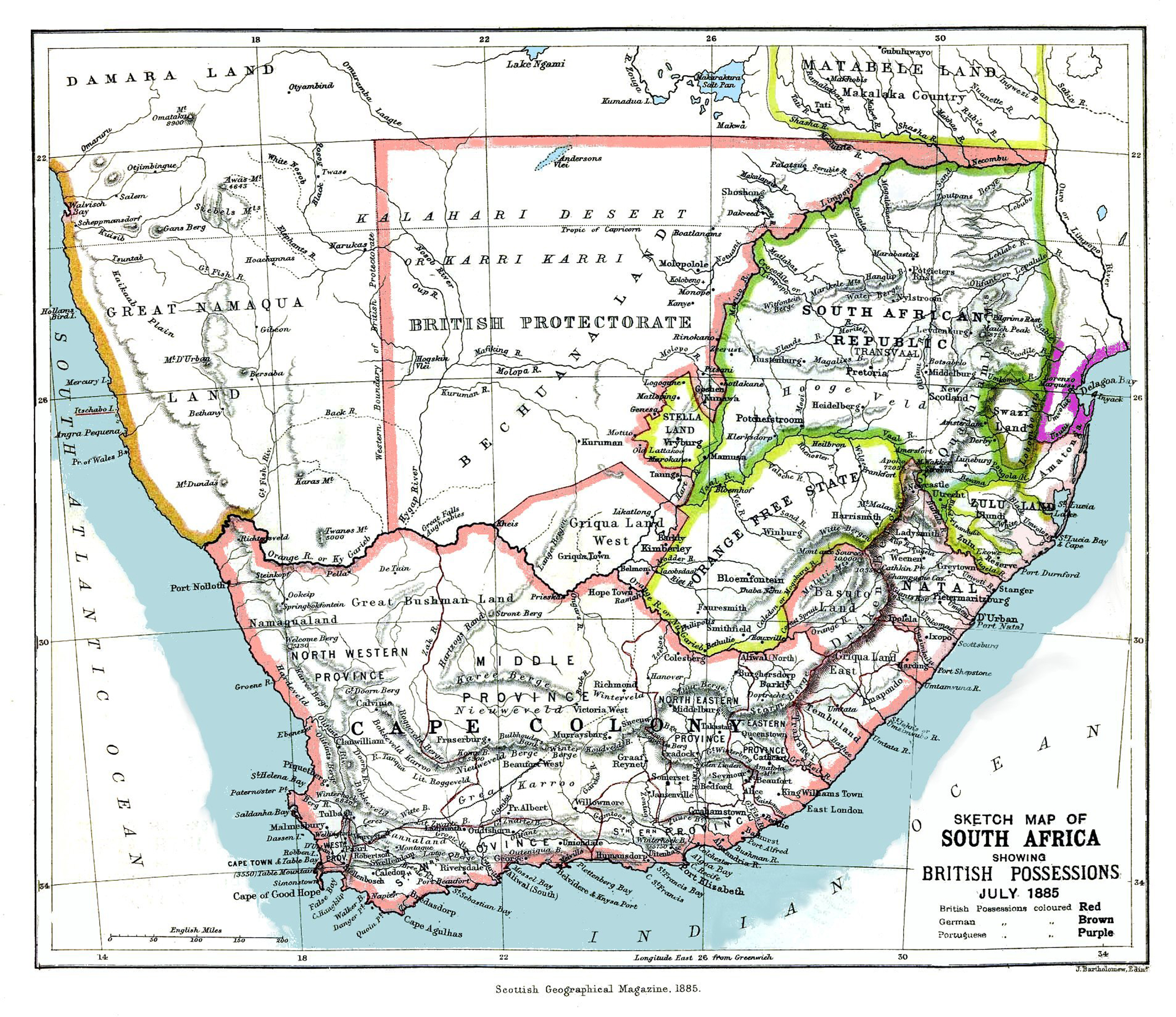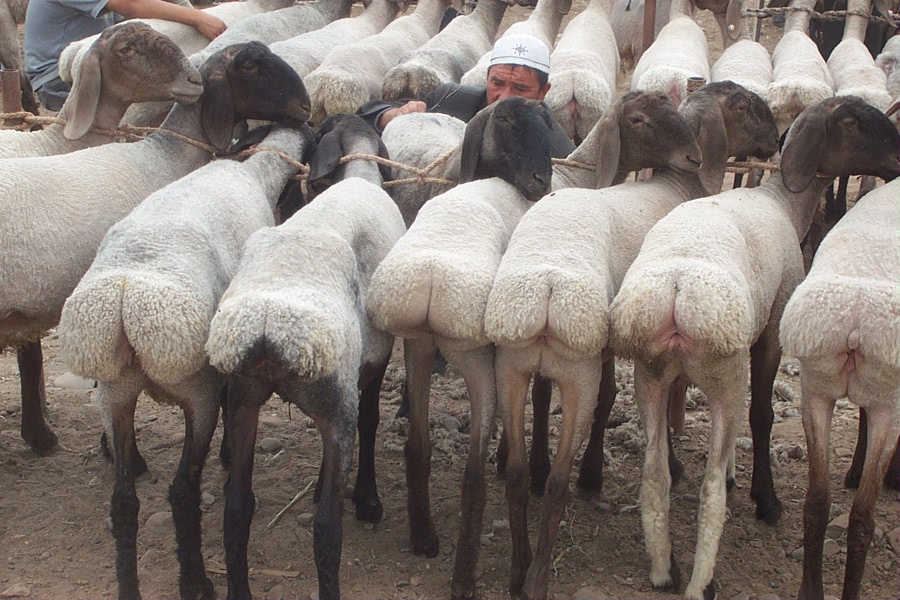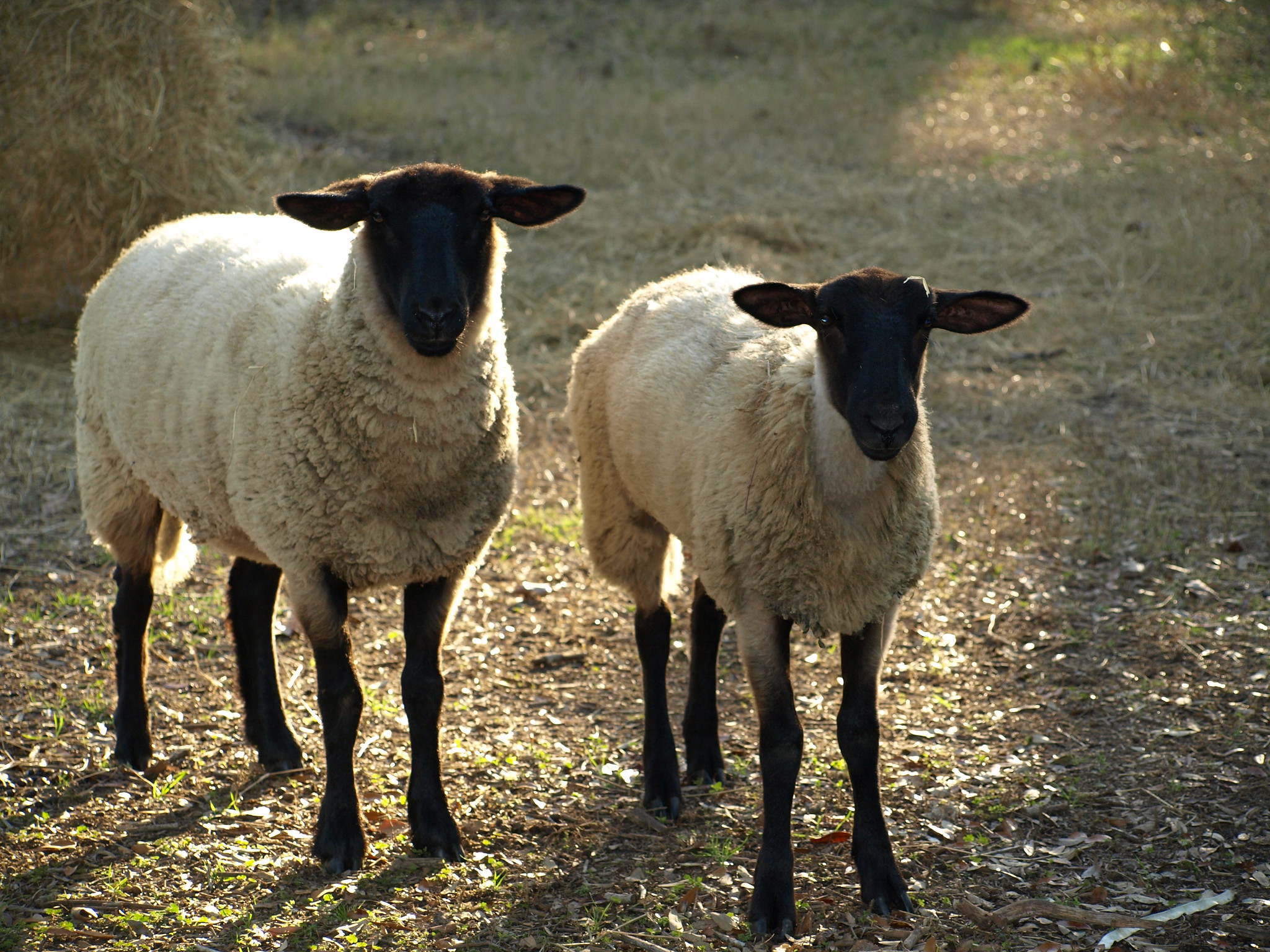|
Pedi (sheep)
The Pedi sheep is a breed of sheep native to South Africa. And is one of three of indigenous type of sheep, along with Zulu and Swazi, they have been in the region since 200-400 AD. The breed gets its name and characteristics from having been raised primarily by the Pedi people in the north of the country. Pedi are smaller fat-tailed sheep The fat-tailed sheep is a general type of domestic sheep known for their distinctive large tails and hindquarters. Fat-tailed sheep breeds comprise approximately 25% of the world's sheep population, and are commonly found in northern parts of Af ... kept for meat, are polled, and are generally white, brown, and red. References External links Bapedi Sheep Breeders Society of South Africa Sheep breeds originating in South Africa Sheep breeds {{sheep-stub ... [...More Info...] [...Related Items...] OR: [Wikipedia] [Google] [Baidu] |
Sheep
Sheep or domestic sheep (''Ovis aries'') are domesticated, ruminant mammals typically kept as livestock. Although the term ''sheep'' can apply to other species in the genus ''Ovis'', in everyday usage it almost always refers to domesticated sheep. Like all ruminants, sheep are members of the order Artiodactyla, the even-toed ungulates. Numbering a little over one billion, domestic sheep are also the most numerous species of sheep. An adult female is referred to as a ''ewe'' (), an intact male as a ''ram'', occasionally a ''tup'', a castrated male as a ''wether'', and a young sheep as a ''lamb''. Sheep are most likely descended from the wild mouflon of Europe and Asia, with Iran being a geographic envelope of the domestication center. One of the earliest animals to be domesticated for agricultural purposes, sheep are raised for fleeces, meat (lamb, hogget or mutton) and milk. A sheep's wool is the most widely used animal fiber, and is usually harvested by shearing. In Commonw ... [...More Info...] [...Related Items...] OR: [Wikipedia] [Google] [Baidu] |
South Africa
South Africa, officially the Republic of South Africa (RSA), is the southernmost country in Africa. It is bounded to the south by of coastline that stretch along the South Atlantic and Indian Oceans; to the north by the neighbouring countries of Namibia, Botswana, and Zimbabwe; and to the east and northeast by Mozambique and Eswatini. It also completely enclaves the country Lesotho. It is the southernmost country on the mainland of the Old World, and the second-most populous country located entirely south of the equator, after Tanzania. South Africa is a biodiversity hotspot, with unique biomes, plant and animal life. With over 60 million people, the country is the world's 24th-most populous nation and covers an area of . South Africa has three capital cities, with the executive, judicial and legislative branches of government based in Pretoria, Bloemfontein, and Cape Town respectively. The largest city is Johannesburg. About 80% of the population are Black South Afri ... [...More Info...] [...Related Items...] OR: [Wikipedia] [Google] [Baidu] |
Zulu Sheep
The Zulu sheep breed is native to South Africa and is predominantly raised by rural farmers in the province of KwaZulu-Natal. It serves primarily as a source of food and income to poor resource farmers. It belongs to the Nguni type of sheep together with the Pedi and the Swazi sheep. History Zulu sheep are a type of Nguni breed found with the communal people of KwaZulu-Natal, South Africa. They prove a source of livelihood and means of utilising marginal environments not suitable for cultivation (Ramsey et al., 2000). Rural farmers recognise Zulu sheep for its high adaptation to the prevalent harsh environmental conditions and their ability to tolerate both external and gastro-intestinal parasites as well as tick-borne diseases. In addition they can walk longer distances and have good foraging ability (Ramsey et al., 2000). Nevertheless, the existence of the breed is threatened. Its place is being taken up by less adapted exotic breeds, either by replacement or crossbreeding. This ... [...More Info...] [...Related Items...] OR: [Wikipedia] [Google] [Baidu] |
Swazi Sheep
Swazi may refer to: * Swazi people, a people of southeastern Africa * Swazi language * Eswatini Eswatini ( ; ss, eSwatini ), officially the Kingdom of Eswatini and formerly named Swaziland ( ; officially renamed in 2018), is a landlocked country in Southern Africa. It is bordered by Mozambique to its northeast and South Africa to its no ... (former name ''Swaziland''), or a citizen thereof {{disambiguation Language and nationality disambiguation pages ... [...More Info...] [...Related Items...] OR: [Wikipedia] [Google] [Baidu] |
University Of Zululand
The University of Zululand or UniZulu is the only comprehensive tertiary educational institution north of the Tugela River in KwaZulu-Natal, South Africa. Its new status is in accordance with South Africa's National Plan for Higher Education aimed at eradicating inequity and costly duplication. As a result, UniZulu offers career-focused programmes as well as a limited number of relevant university degree courses that have been structured with potential employees and employers in mind. The university has extended its existing links with a wide array of tertiary educational institutions in the United States and in Europe by establishing partnerships with the University of Mississippi, Radford University, Florida Agricultural and Mechanical University and Chicago State University. UniZulu pursues an agenda for scholarly investigation in response to social problems, with community service being systematically integrated into the formal curriculum. The university strives to produ ... [...More Info...] [...Related Items...] OR: [Wikipedia] [Google] [Baidu] |
Pedi People
The Pedi or (also known as the Northern Sotho or and the Marota or ) – are a Southern Africa, southern African ethnic group that speak Pedi or ''Sepedi'', a dialect belonging to the Sotho-Tswana peoples, Sotho-Tswana Ethnolinguistic group, enthnolinguistic group. Northern Sotho is a term used to refer to one of South Africa's 11 official languages. Northern Sotho or Sesotho sa Leboa consist of 33 dialects, of which Pedi is one of them. The BaPedi people are almost exclusively found in South Africa's Points of the compass, northeastern Provinces of South Africa, provinces which are Limpopo, and parts of northern Mpumalanga. There is confusion regarding the distinction between BaPedi people, and tribes referred to Northern Sotho (''Basotho ba Lebowa).'' On the one hand, one military explanation is that the BaPedi people became powerful at one point under a powerful king that ruled over a large piece of land. During this period, a powerful army of the BaPedi conquered small ... [...More Info...] [...Related Items...] OR: [Wikipedia] [Google] [Baidu] |
International Livestock Research Institute
The International Livestock Research Institute or ILRI is an international agricultural research institute within the CGIAR – formerly the Consultative Group for International Agricultural Research. It was established in 1994 by merger of the International Laboratory for Research on Animal Diseases in Nairobi in Kenya, and the International Livestock Centre for Africa in Addis Ababa in Ethiopia. It is a non-profit, non-governmental organisation. Its research is intended to help to build sustainable livestock pathways out of poverty in low-income countries and to help people in those countries to keep their farm animals alive and productive, to increase and sustain their livestock and farm productivity, and to find profitable markets for their animal products. Research covers five broad areas: the natural environment; food; gender Gender is the range of characteristics pertaining to femininity and masculinity and differentiating between them. Depending on the context, ... [...More Info...] [...Related Items...] OR: [Wikipedia] [Google] [Baidu] |
Fat-tailed Sheep
The fat-tailed sheep is a general type of domestic sheep known for their distinctive large tails and hindquarters. Fat-tailed sheep breeds comprise approximately 25% of the world's sheep population, and are commonly found in northern parts of Africa, the Middle East, and various Central Asian countries all the way to China. The tail fat from those sheep is an important ingredient in many regional cuisines. Varieties and distribution Two general varieties of fat-tails exist, the broad fat-tails and the long fat-tails. The long-tailed varieties have the smallest geographical distribution, being found mostly in Arabia (a variety called the Nejd, black with a white head, named for the Nejd region, and raised also in Iraq, Central Asia, and Syria) and in the Caucasus (the Colchian, for the Colchis territory, and the Circassian). Broad varieties include the Hajaz (Arabia, small and white, named for the Hejaz region), the Arabi (black or piebald, in Arabia and Iraq), the Awassi (the ... [...More Info...] [...Related Items...] OR: [Wikipedia] [Google] [Baidu] |
Polled Livestock
Polled livestock are livestock without horns in species which are normally horned. The term refers to both breeds and strains that are naturally polled through selective breeding and also to naturally horned animals that have been disbudded. Natural polling occurs in cattle, yaks, water buffalo, and goats, and in these animals it affects both sexes equally; in sheep, by contrast, both sexes may be horned, both polled, or only the females polled. The history of breeding polled livestock starts about 6000 years BC. Terminology The archaic term or is sometimes used to refer to hornless livestock (especially cattle) in folk songs, folk tales, and poetry, and in the name of the polled Irish Moiled cattle breed. "Muley" derives from Irish and Scottish Gaelic ''maol'', and Welsh ''moel''. Genetics In cattle, the polled allele is genetically dominant to that for horns. The polled trait is far more common in beef breeds than in dairy breeds. CRISPR technology is being developed t ... [...More Info...] [...Related Items...] OR: [Wikipedia] [Google] [Baidu] |
Sheep Breeds Originating In South Africa
Sheep or domestic sheep (''Ovis aries'') are domesticated, ruminant mammals typically kept as livestock. Although the term ''sheep'' can apply to other species in the genus ''Ovis'', in everyday usage it almost always refers to domesticated sheep. Like all ruminants, sheep are members of the order Artiodactyla, the even-toed ungulates. Numbering a little over one billion, domestic sheep are also the most numerous species of sheep. An adult female is referred to as a ''ewe'' (), an intact male as a ''ram'', occasionally a ''tup'', a castrated male as a ''wether'', and a young sheep as a ''lamb''. Sheep are most likely descended from the wild mouflon of Europe and Asia, with Iran being a geographic envelope of the domestication center. One of the earliest animals to be domesticated for agricultural purposes, sheep are raised for fleeces, meat (lamb, hogget or mutton) and milk. A sheep's wool is the most widely used animal fiber, and is usually harvested by shearing. In Commonw ... [...More Info...] [...Related Items...] OR: [Wikipedia] [Google] [Baidu] |


.jpg)


